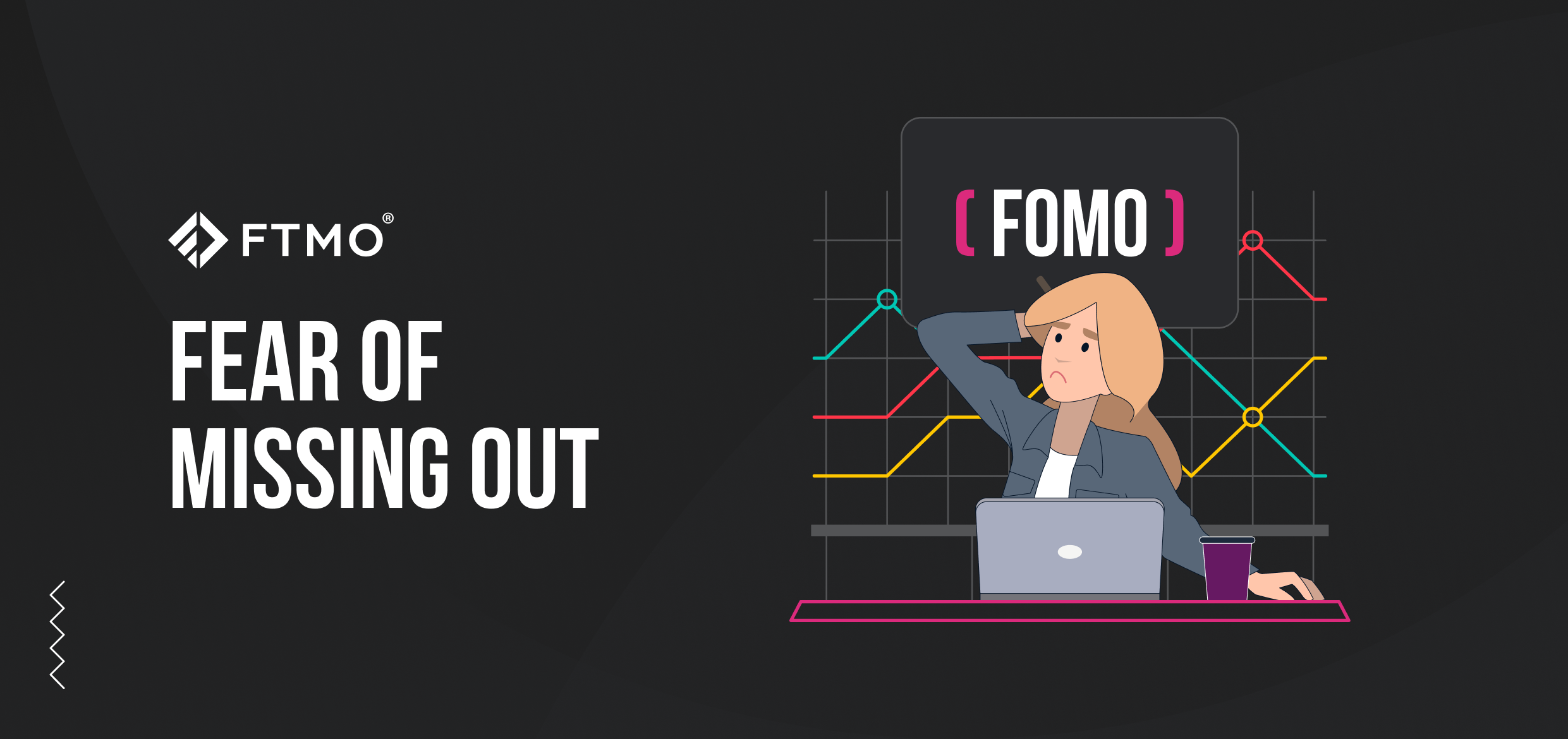
In the ever-connected digital landscape, where trends spread like wildfire and opportunities appear and vanish in the blink of an eye, the Fear of Missing Out (FOMO) has become a prevalent psychological phenomenon. This article delves into the intricate dance between FOMO and the human psyche, exploring how this fear shapes behaviors, influences decision-making, and permeates various aspects of modern life.
FOMO, a term that has transcended its origins in social settings to infiltrate the realms of finance, technology, and beyond, is a potent force that can drive individuals to act on impulses, make hasty decisions, and even question their own sense of fulfillment. In the digital age, social media platforms and real-time updates expose individuals to a constant stream of information, creating a sense of urgency and an ever-present fear of being left behind. Dr. Olivia Tempo, a fictitious social psychologist, sheds light on the psychological underpinnings of FOMO, stating, "The fear of missing out is deeply rooted in our social nature. It's a product of our innate desire for connection, validation, and a sense of belonging. In the context of the digital age, FOMO is amplified by the relentless exposure to curated highlights of others' lives, fostering a continuous sense of inadequacy and the need to keep up.
FOMO is not just about missing a single event; it's about the fear of missing the experiences that shape our identity in the eyes of others. It's a social phenomenon that intertwines with our sense of self-worth.
The impact of FOMO extends beyond the social sphere, infiltrating financial markets, career decisions, and even lifestyle choices. The fear of missing out on the next big investment or career opportunity can drive individuals to take risks without thorough consideration. In the realm of cryptocurrency, FOMO often manifests as a powerful force, propelling investors to jump into trends without a clear understanding of the associated risks. As Professor Elijah Insightful, an imaginary expert in behavioral economics, notes, "FOMO plays a significant role in financial decision-making. Investors succumb to the fear of missing out on potential gains, sometimes disregarding fundamental analysis and succumbing to market euphoria.
The financial implications of FOMO are profound. It can lead individuals to abandon rational decision-making, contributing to market bubbles and, at times, catastrophic financial outcomes.
As we navigate the digital age, FOMO stands as a complex and pervasive force, influencing the choices we make and shaping our perceptions of success and happiness. Recognizing the impact of FOMO on our behavior is the first step in mitigating its effects. Whether in the realm of social interactions or financial decisions, understanding the interplay between FOMO and our psyche empowers individuals to make more informed choices, fostering a sense of contentment and fulfillment that transcends the fleeting allure of the momentary trends. In a world where the fear of missing out is ever-present, finding a balance between staying informed and maintaining a sense of self-awareness becomes crucial for navigating the complexities of modern life.
cryptopsychology.org
All rights reserved.
Contact : contact@cryptopsychology.org